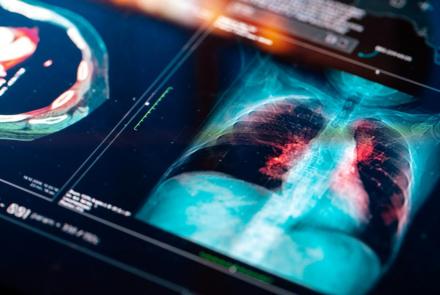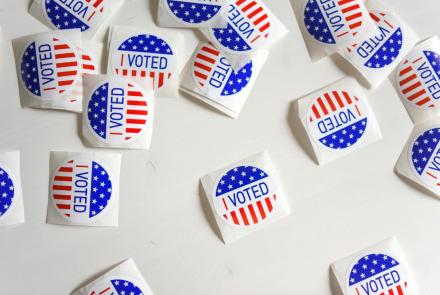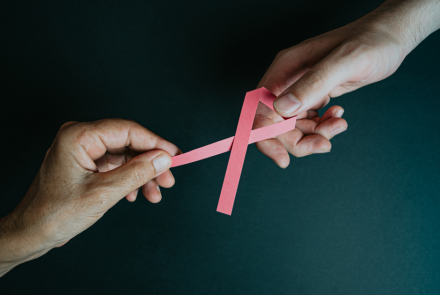Suffering a stroke can impair a person’s memory for weeks, months, or even years. Sometimes, a person evaluated for memory loss is found to have suffered minor strokes they weren’t even aware of, says Mohini Gurme, MD, a neurologist with Rockland Neurological Associates in West Nyack, NY. For Stroke Awareness Month, in May, Dr. Gurme explains why it’s important to get evaluated early for memory loss caused by stroke or other conditions.
The National Stroke Association estimates that approximately one third of stroke survivors will develop memory problems. “Whether a person who has had a stroke suffers memory
loss or other cognitive problems has to do with where in the brain the stroke occurred, as well as other factors including a person’s age,” Dr. Gurme says. She notes memory problems are more common in elderly stroke survivors.
In addition to affecting memory, a stroke can impair a person’s processing speed and ability to multitask, Dr. Gurme said. When a person comes in complaining of memory problems—or their loved one brings them in—Dr. Gurme will ask the person and their loved ones about their day-to-day functioning. Are they forgetting things, getting lost while driving, having trouble cooking meals, or missing making payments on their bills? “Often the people around the patient are the ones who notice the memory loss, not the patients themselves,” she says.
Dr. Gurme will also perform a neurologic exam, and may order an MRI of the brain. “Often we see evidence of smaller strokes that have occurred over time that have resulted in a loss in memory later in life,” she says. A person who has suffered a stroke or mini-strokes will be advised to treat stroke risk factors, such as high blood pressure, diabetes, high cholesterol, and smoking, to prevent future strokes. A blood thinner may be prescribed.
Patients who have stroke-related memory loss may gain back some of their memory with time, Dr. Gurme says. One type of treatment that can be helpful is called cognitive therapy, which teaches strategies for improving memory.
The National Stroke Association recommends the following tips for coping with memory loss, whether caused by a stroke, other medical condition, or aging:
- Have a place for everything. For example, hang keys on a hook by the door. Put things away where they belong.
- Have a routine. Set daily routines, such as bedtime tasks, in the same specific sequence every day. Post both daily activities and special events on a large calendar.
- Write things down. Keep a notebook of important information handy. Organize it into sections, such as appointments, phone numbers, and medications. Put notes in prominent places and leave written directions on how to use common household items, such as phones and microwaves, next to those items.
- Use Memory Cues. Memory cues help you remember certain tasks or information. To make a memory cue, connect a task or piece of information to something meaningful, such as an image, familiar name or song.
- Keep it simple. Try not to tackle too many things at once. Break tasks down into easy steps.
- Repetition. If you forget what someone said, ask them to repeat as often as necessary.
“If your loved one starts showing signs of memory loss, bring them to the doctor right away,” Dr. Gurme said. “Don’t wait for the person to make the decision on their own, because they often don’t have insight about what’s happening to their memory. Early treatment can help patients reduce their risk of further strokes, and learn how to improve their daily functioning.”






